Imagine being paid to discover the world... The idea is a dream, isn't it? Before you imagine advertorial influencers in Dubai, rest assured: we're talking about a real job. That of a perfumery sourcer , little known to the general public and yet who certainly played a role in the perfume you wear today.
The main mission of a sourcer is to travel the world in search of new raw materials , which will then be used in your perfumes or cosmetics in the form of essential oils . Because yes, every year, the major players in perfume add new raw materials to the perfumers' palette, in order to broaden the field of possibilities!
To explain to you how this job of sourcer works, we went for a quick tour of Mira , a brand of natural oils whose founders place a point of honor on the quality of the raw materials and their traceability.

The job of sourcer: travel, travel
Let's start at the beginning: what do sourcers, these modern-day Marco Polos, really do ?
As Stéphane Piquart, famous raw materials scout, explains, the mission of a sourcer is both to search for new natural ingredients all over the world, but also to study plants that are already known to find other ways to grow and use them . The trip is often made with local guides, sometimes in very remote areas, in 4x4, on foot, on horseback...
If this job is a dream on paper, it is not just about venturing into nature like Indiana Jones, against a backdrop of breathtaking landscapes. The perfumery source also has a share of environmental, economic and ethical responsibility in order to offer sustainable raw materials to its customers, who are very varied.
The sourcer's clients may as well be:
- Major perfume brands, which are looking for rare ingredients to create their fragrances
- Perfume composition houses: these are the players who create perfumes for brands that do not have an in-house perfumer (i.e. the vast majority of perfume brands). Unearthing rare scents in turn allows them to gain customers among perfume brands.
- Smaller players in perfumery - which is rarer when you know the cost of researching a raw material (spoiler: it's a number in excess of 6 figures).
Clearly, the sourcer's customers are all those who wish to find new suppliers of raw materials around the world in order to use them in their cosmetics (perfumes, creams, oils, etc.). There is often a real competitiveness issue behind this search for new ingredients: being able to be the only one to claim the use of such a material, having such a benefit, guarantees a long-term competitive advantage...
How many are there, these adventurers of smells? It's impossible to really know, but their number is probably very small - if we had to take a gamble, we'd say a hundred at most. Perfumery sourcer is a demanding profession , and the market operates in isolation, organized around a few very large client companies.
Source for the long term

Sourcing a raw material is much more complex than you think. It is not enough to find a new plant, present it to the perfume industry and let them manage the rest.
Before venturing into anything, the sourcer must ensure that the sector of this new plant will be sustainable , that is to say that his client will be able to produce and harvest a significant quantity of this plant for years without disrupt neither the way of life of local populations nor the environment around them.
Betting on a new raw material requires investing on average 120,000 to 150,000 euros , just to register it on the markets where it will be used. It is therefore essential to go on site to frame the partnership: communicate and negotiate with local producers to set the terms of an agreement that respects the environment and people, which ensures the composition houses a quantity and quality optimal quality of raw materials over several years. The task is not easy, especially when local populations are entirely dependent on these crops for their economic development.
Mira, ethical sourcing between France and Madagascar
At Mira, which produces vegetable oils, ethical sourcing is at the heart of the approach ! The three founders, Juliette, Dorian and Andy source their supplies from 30 partners in Madagascar and France, two countries they know very well. They therefore like to travel to the sourcing location at least once a year, to see the production with their own eyes and ensure that the quality of the oil is optimal. “Quality is very important to us,” assures Dorian, “and we are willing to pay more for a better product. This is the message we try to send to producers to encourage virtuous practices.” To ensure quality, Mira avoids wholesalers and verifies that the chosen raw material always comes from the same village : this allows them to be 100% certain of the traceability of production to their customers.
This is all the more important as sourcing is not spared from the gray market and deceptive practices... For example, a classic fraud in perfumery is to " cut an essential oil ", that is to say say selling an oil that is not pure, by mixing it with other oils from different sources and of less good quality. For example, cutting roses with a little geranium, which is less expensive, allows the manufacturer to lower costs by remaining neither seen nor known... When it is not entirely a question of mixing with synthetic ingredients . In short, traceability is essential to guard against these problems.
Backpack, backpack
In your opinion, what is the sourcer's gear when he goes hunting for rare ingredients?
If you imagine a sort of Indiana Jones perfumery version, well... you're right. The sourcer's backpack contains all the equipment necessary for the discovery and analysis of raw materials , that is to say:
- A headspace . Until then it doesn't mean anything to you - and that's normal. The headspace is a recent technology: it is a kind of pump connected to a glass bubble, making it possible to encapsulate the scent of a flower without damaging or uprooting it, in order to study it later. To put it simply: the sourcer places the bubble around the flower in question as in the photo below, and the machine analyzes the composition of the air around the plant to identify the molecules that make up its scent. We thus obtain the exact profile of the odor that the flower gives off ... Ingenious, right? It is by this same technique that we reproduce, by synthesis, the smell of flowers or silent plants such as lilac, violet, etc. These are flowers which give off a sublime scent in nature, but whose distillation is impossible for technical or economic reasons.

- A still . If you are a lover of perfume or very good spirits, you have certainly already heard of this object. It is quite simply the device which is used to transform a raw material into essential oil using the principle of steam distillation. We heat the material that we want to transform (leaves, flowers, spices, roots, etc.) on site in boiling water, we recover the water vapor that escapes, and we cool it in order to condense it into a very fragrant oil. Even if there are small models to use directly in the field, distilling in the middle of the forest is not easy and sources often rely on local producers who have larger stills.
In search of lost oil
When we told you to imagine Indiana Jones, we weren't entirely wrong. Look for raw oils or original and durable raw materials, it's a bit like looking for a needle in a haystack (which is also a very beautiful perfumery raw material... a thought for the first who distilled it ). And yet, this is the daily life of sourcers like Stéphane Piquart or entrepreneurs like the founders of Mira.
For example, to find Elemi (the one you can find in our Bataille perfume ), the resin of a 30 meter high tree which gives off a magnificent smell evoking pepper and incense, Stéphane had to go on a journey. expedition accompanied by a guide in the Malagasy forest for several days. An adventure carried out in collaboration with the NGO Cœur de Forêt, which ensures that trees are respected when their resin is harvested. Result: an equitable partnership established over the long term, with around 500 kg of material purchased each year .

At Mira, shipments are much calmer - phew - even if finding exclusively French or Malagasy suppliers represents a real constraint. So try to find a prickly pear producer in Madagascar even though it comes from Morocco... When the quest really becomes impossible, the solution is to produce it yourself. This is what Mira chose to do for her carrot oil. Unable to find good quality and at a reasonable price in France, Mira created her own oil by sourcing "ugly" carrots (meaning, not perfect carrots) that farmers were unable to sell. on the stairs. This is how we achieve both quality and sustainable development...
And there you have it, you know everything about sourcing ! So, are you ready to go on an adventure to discover unknown smells? If you prefer the comfort of your couch, here are some tips for trying Mira's superb ingredients:
Mira’s tailor-made tips
- For those who wear makeup, you have surely already tested dozens of makeup removers: two-phase or not, in the form of oil, milk, cream. Drop everything and opt for pure, natural oils. Mira recommends coconut oil, jojoba oil or even avocado oil.
- The sunny days have returned and you have taken on a few colors... or even a little too much? Don't panic: to soothe everything, Mira recommends applying Moringa oil locally to dry, clean skin 2 to 3 times a day.
- Gentlemen, you who have always dreamed of having a perfect beard, opt for a mixture of castor oil with a few drops of ylang-ylang essential oil. A perfect combo to promote the growth and suppleness of your beard.
- And for silky hair, use jojoba oil. This dry oil can be applied to all lengths, without leaving a greasy finish. If that’s not beautiful!
-----------
Photos: Nick Prideaux, Andrés Medina, Unknown
Source: The Fragrance Foundation France







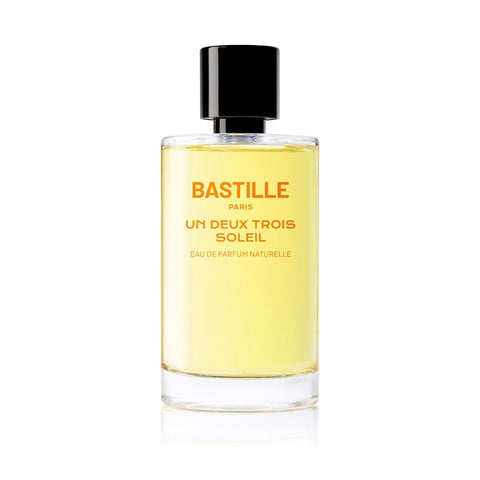
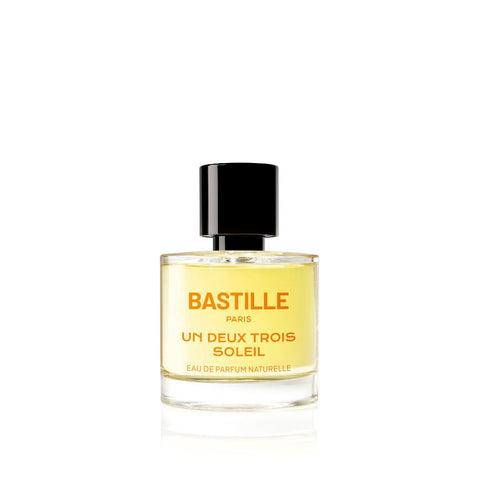
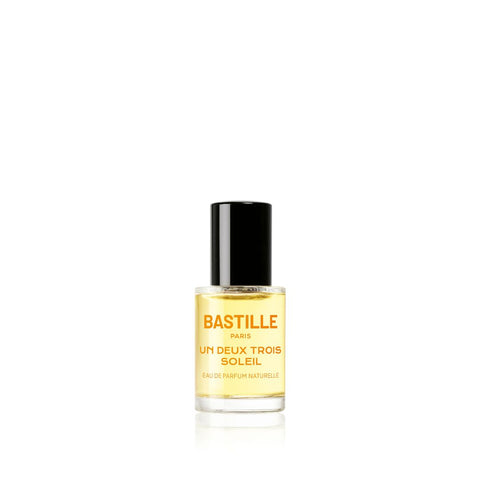
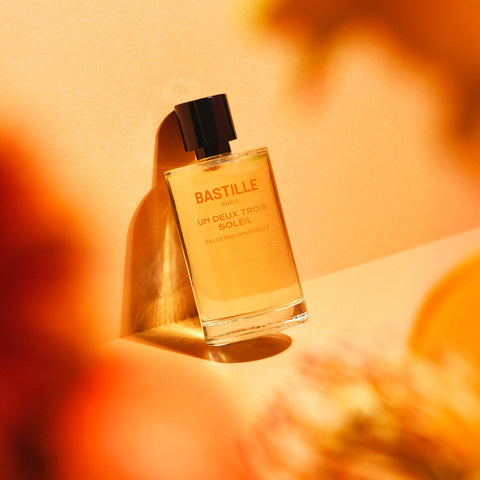
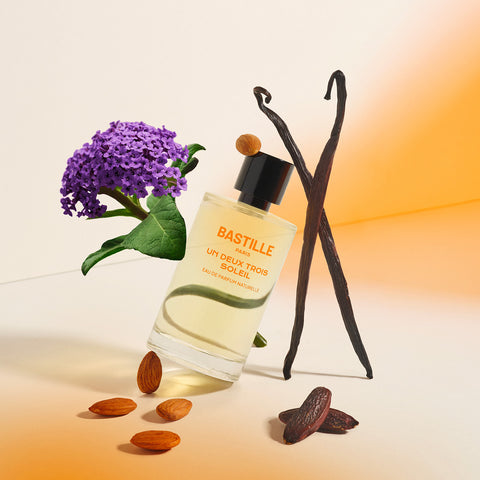
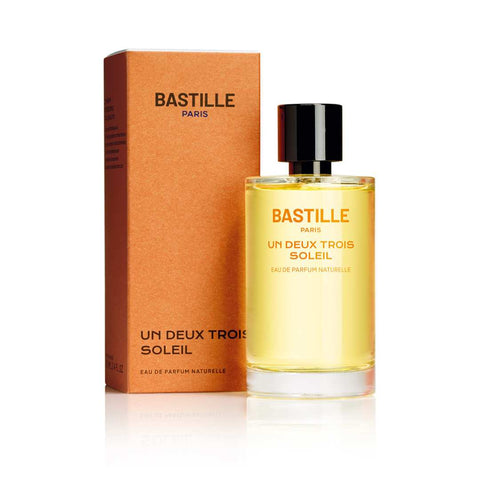
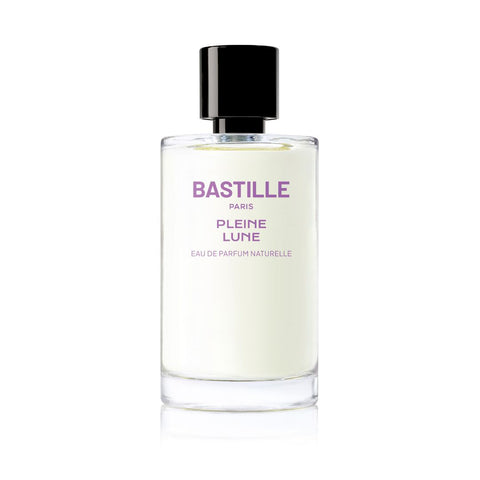
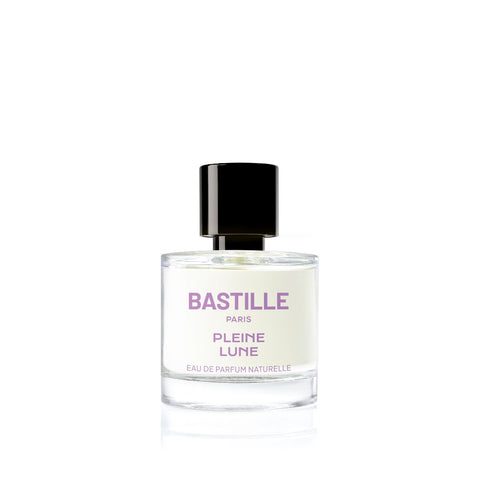
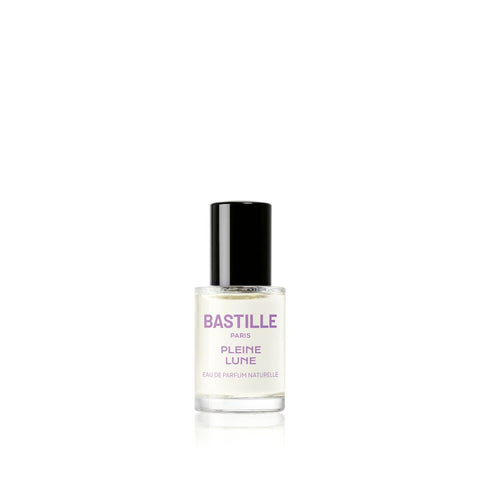
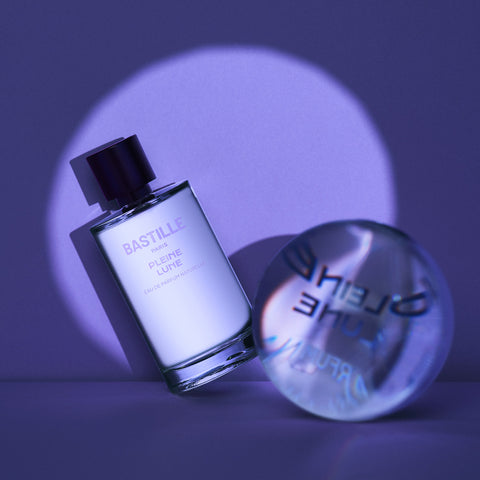
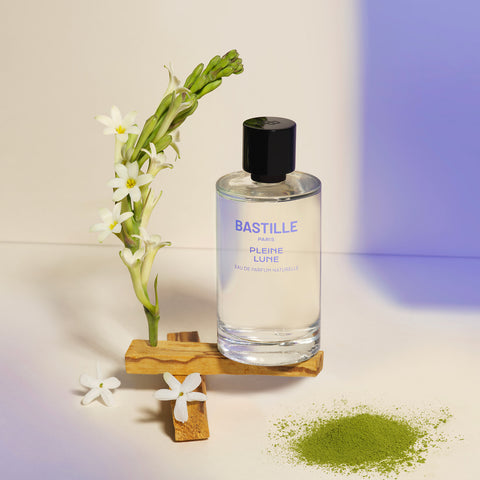
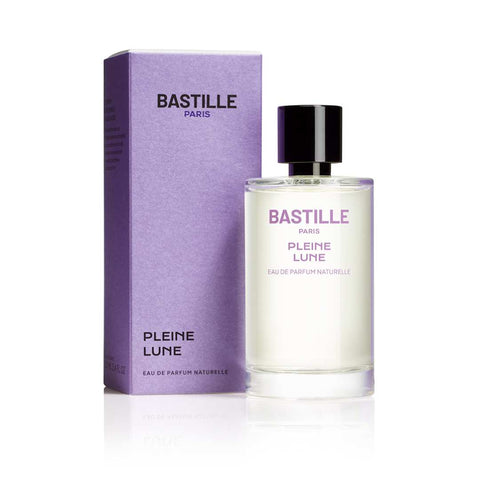
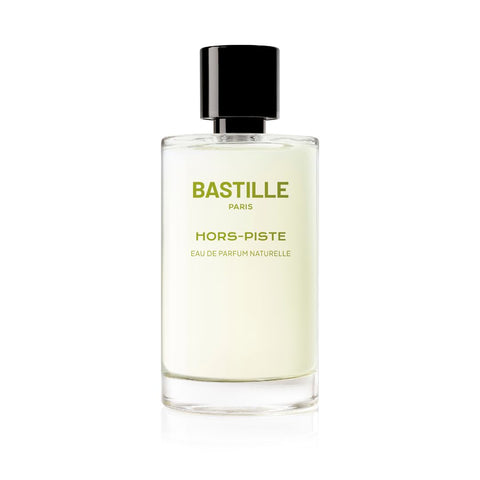
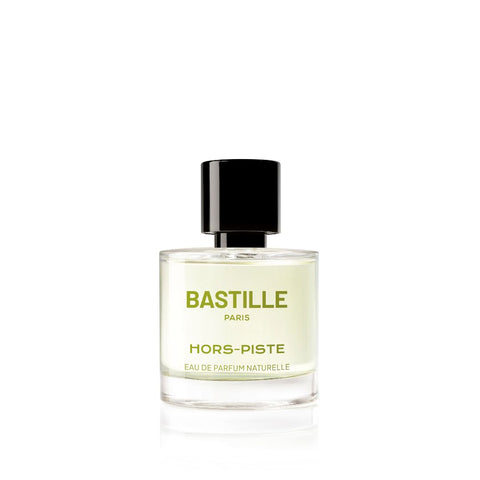
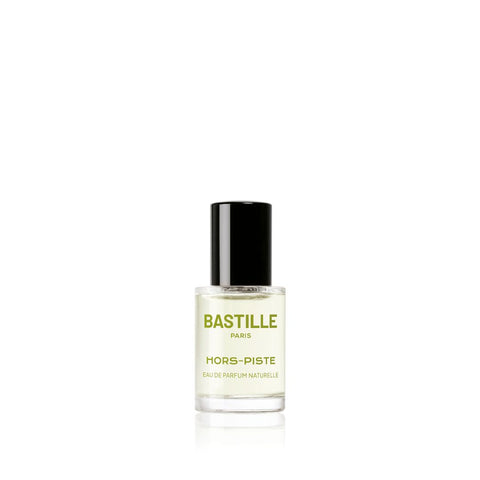
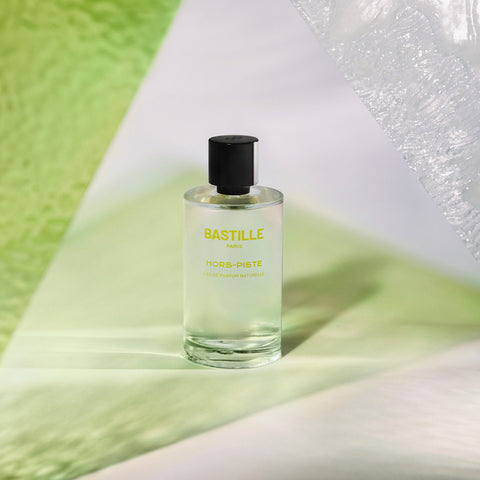
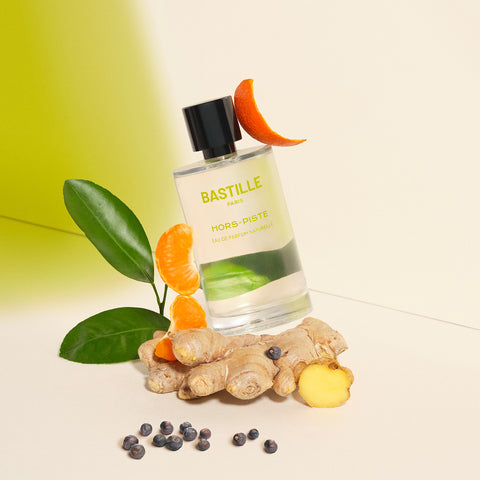
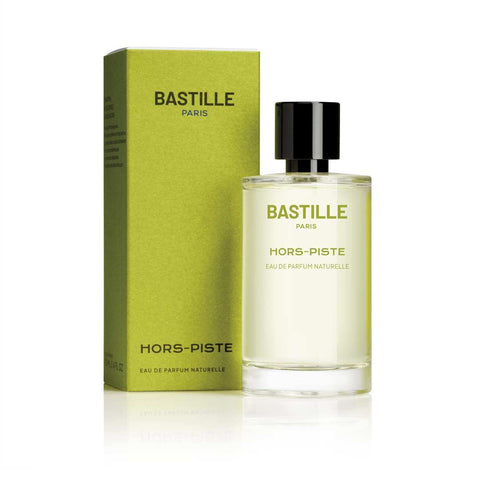

Comments (0)
There are no comments for this article. Be the first one to leave a message!